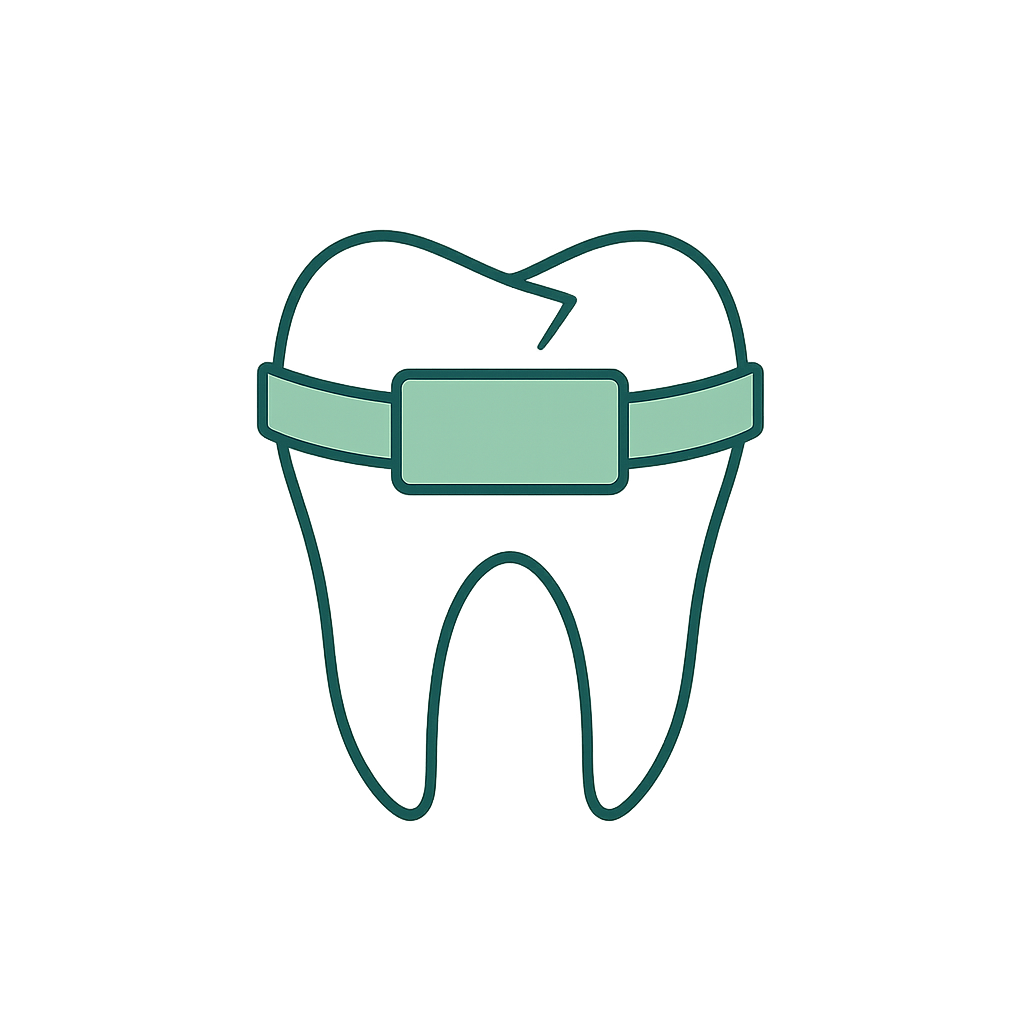Traumatic Dental Injuries
Timely care after dental trauma can save your teeth and prevent long-term damage.
The Process
Our first step is immediate stabilization.Treatment depends on injury type:
Minor chips may be smoothed or restored with bonding.
Dislodged teeth are re-positioned and splinted for stabilization.
Knocked-out teeth are replanted when possible, followed by splinting.
In many cases, root canal therapy may be required if the pulp is compromised.
The Results
With prompt care, injured teeth can often be saved and restored to normal function. Avulsed teeth reimplanted within an hour have the highest long-term success rates. Many stabilized teeth can last for years with proper follow-up.
Care Tips After Trauma Treatment
Avoid chewing hard foods on injured teeth.
Use a soft toothbrush and maintain gentle oral hygiene.
Keep follow-up visits to monitor healing and pulp vitality.
Wear a custom mouth-guard to prevent future injuries if you play contact sports.
Why Choose Town Center Dental
We follow evidence-based trauma protocols recommended by the American Association of Endodontists (AAE) and IADT. Our team uses precision stabilization and restorative techniques to maximize your chances of saving natural teeth after injury.
What are Traumatic Dental Injuries?
These are injuries caused by impacts like sports accidents or falls. Common examples include fractured crowns, dislodged (luxated) teeth, or complete avulsion (knock-out). Treatment urgency and technique depend on injury type, severity, and root maturity.
Benefits of Immediate Treatment
Stabilizes the tooth and stops further injury
Helps preserve the nerve and tooth structure
Encourages better long-term prognosis
Reduces risk of infection or tooth loss
When It’s Recommended
Chipped or fractured teeth
Teeth knocked partially or fully out
Teeth displaced from their sockets
Cracked roots or crowns

